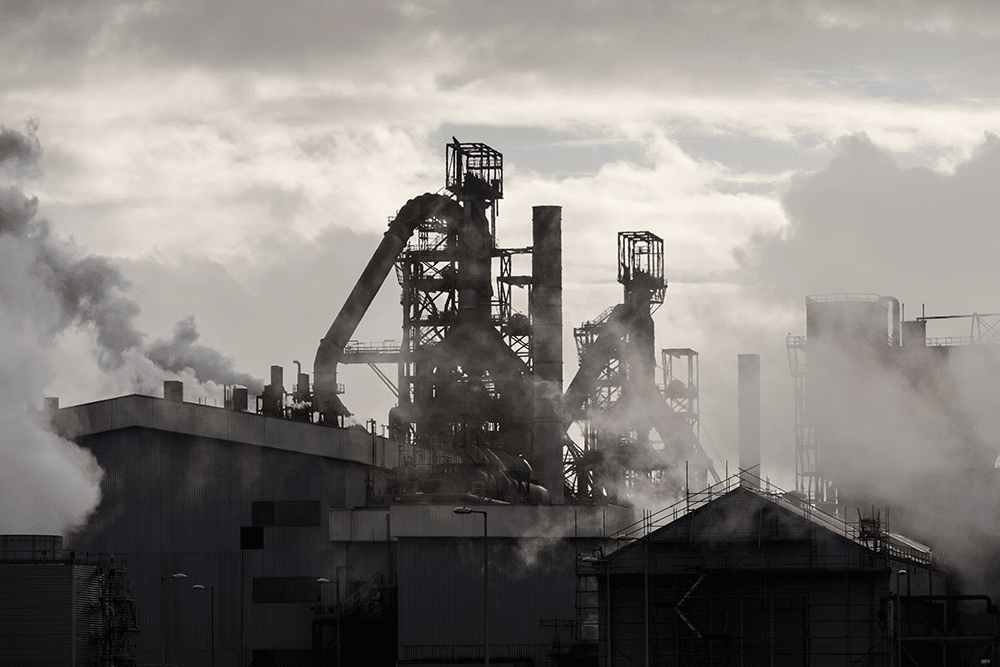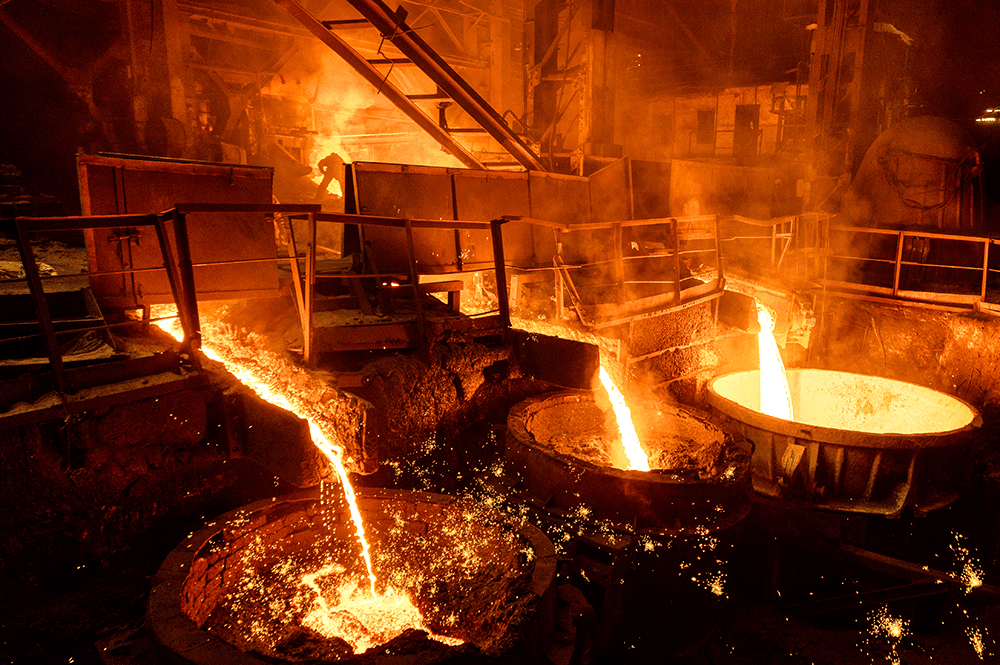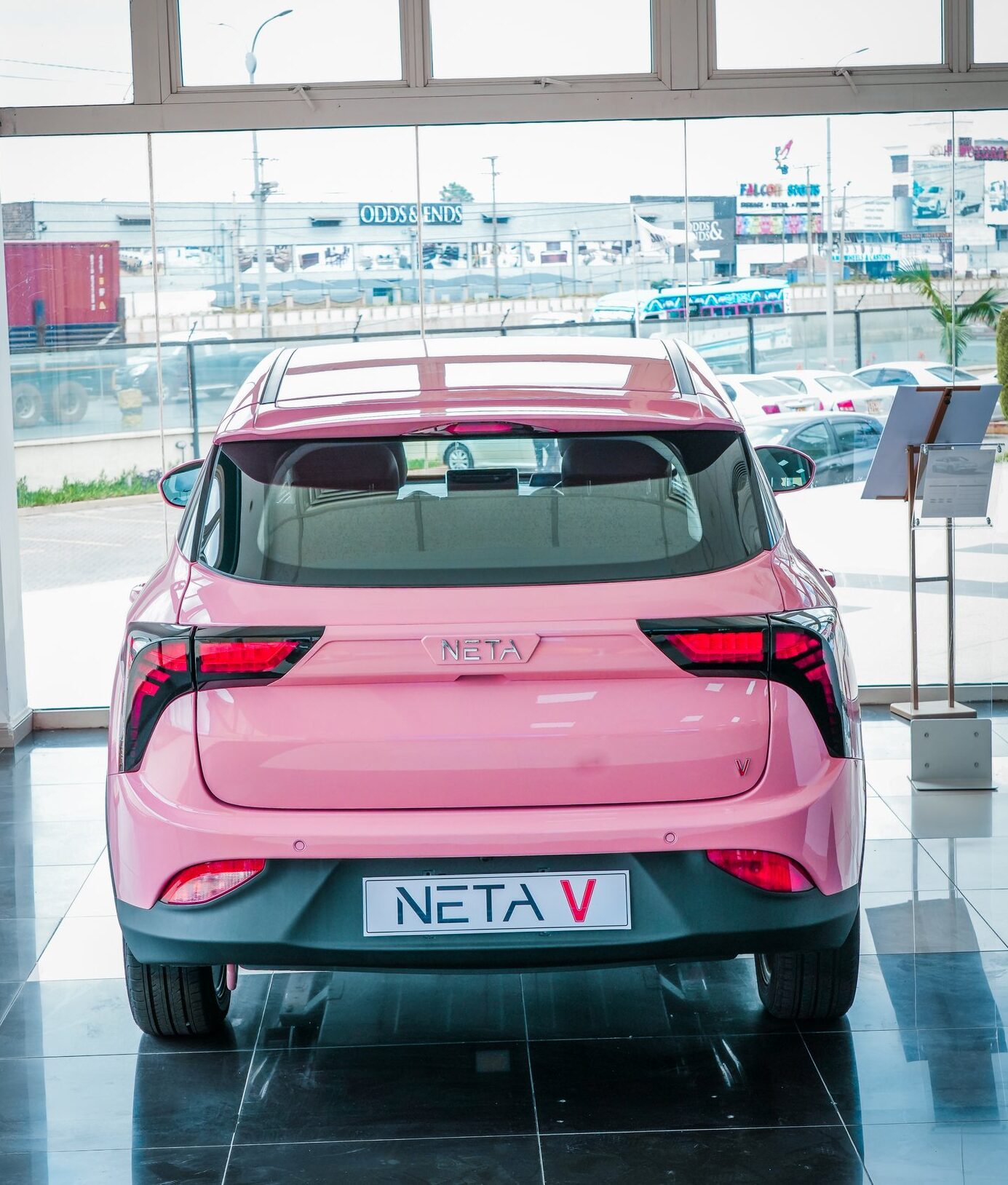Indian steel industry leader Tata Steel recently announced that it had signed a contract with an Italian company to install a new electric arc furnace at its Port Talbot facility in Wales.
Tata stated in an October 18 announcement that Lombardy-headquartered Tenova is to supply one EAF with an annual capacity of 3 million metric tons per year as well as ladle furnaces to the site, allowing the new hot end to produce various grades of steel.
“Detailed engineering is now ongoing, and other equipment orders will soon be placed separately for the hot strip mill and casters life extension, new pickle line, cranes, and for construction management and civil engineering,” the group noted.

The company noted that commissioning is due to take place in 2027, while Tata is eyeing 2025 for installation work to start.
“Tata Steel has completed public consultation on the planning application and is working closely with the authorities to submit the application in November 2024, with a view to commencing large-scale site work around July 2025,” the group added.
Unlock metal sourcing secrets and get the latest news and trends in the industrial metal industry to stay ahead of your competition with MetalMiner’s Weekly Newsletter.
Major Changes for Talbot and the UK Steel Industry
The project is part of a £1.25 billion ($1.62 billion) decarbonization plan for Port Talbot, towards which the UK government is contributing 40% or £500 million ($650 million). The plan also stipulated permanently blowing down Port Talbot’s blast furnaces Nos. 4 and 5, which occurred in September and in July, respectively. Those furnaces could produce about 4.8 million metric tons of pig iron annually.

Whilst the planned EAF is to mainly use scrap, one Tata Steel official told MetalMiner in early 2024 that it may also use hot briquetted iron. Port Talbot also had plans to dismantle its two basic oxygen furnaces, which can pour 5 million metric tons of crude steel per year, though it only produced about 2.4 million metric tons in 2022.
The site anticipates it will be able to continue rolling operations whilst installation work is underway by relying on slab feedstock from other plants within the Tata group.
Are you under pressure to generate steel cost savings? Make sure you’re following these 5 best practices.




